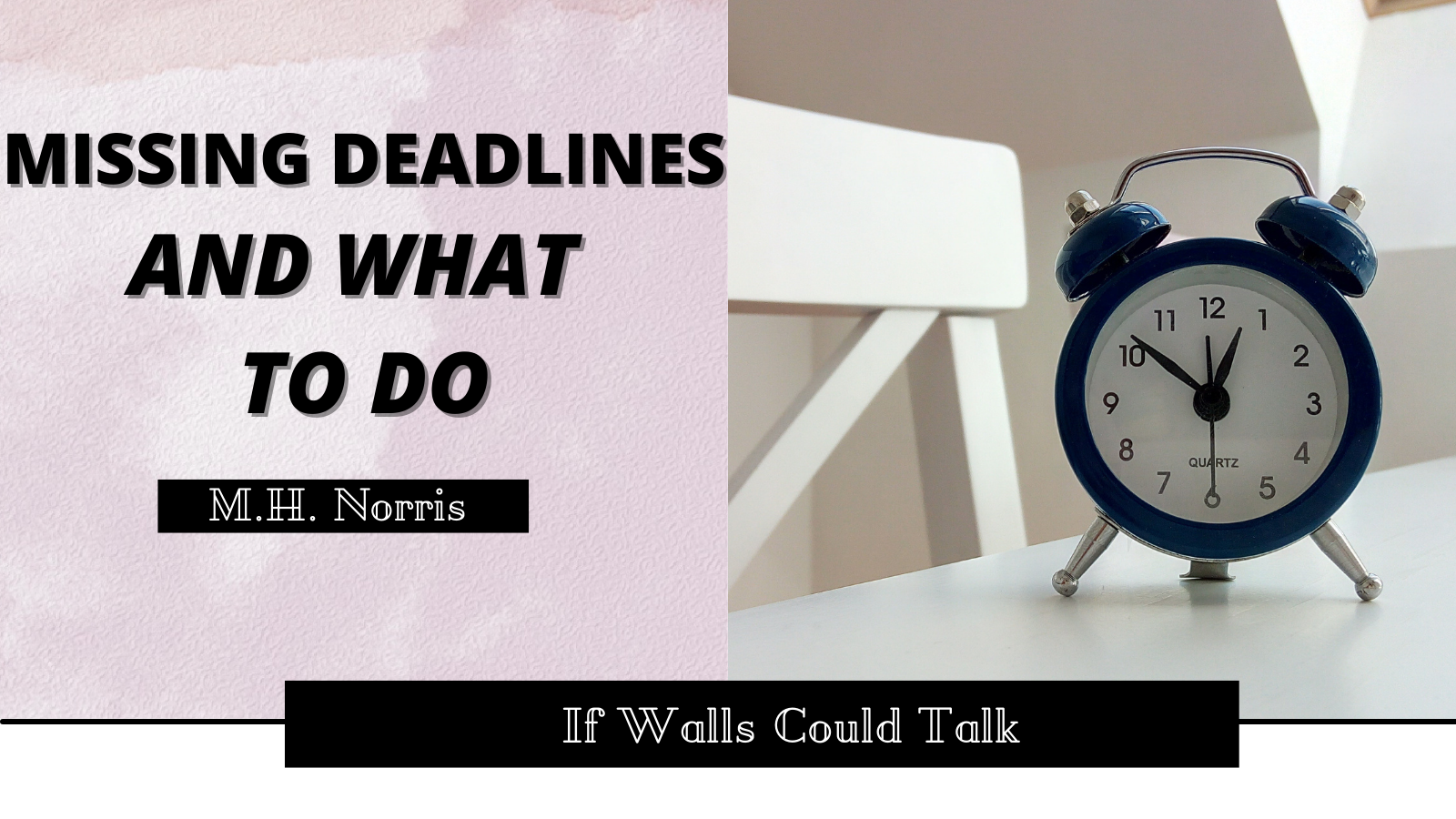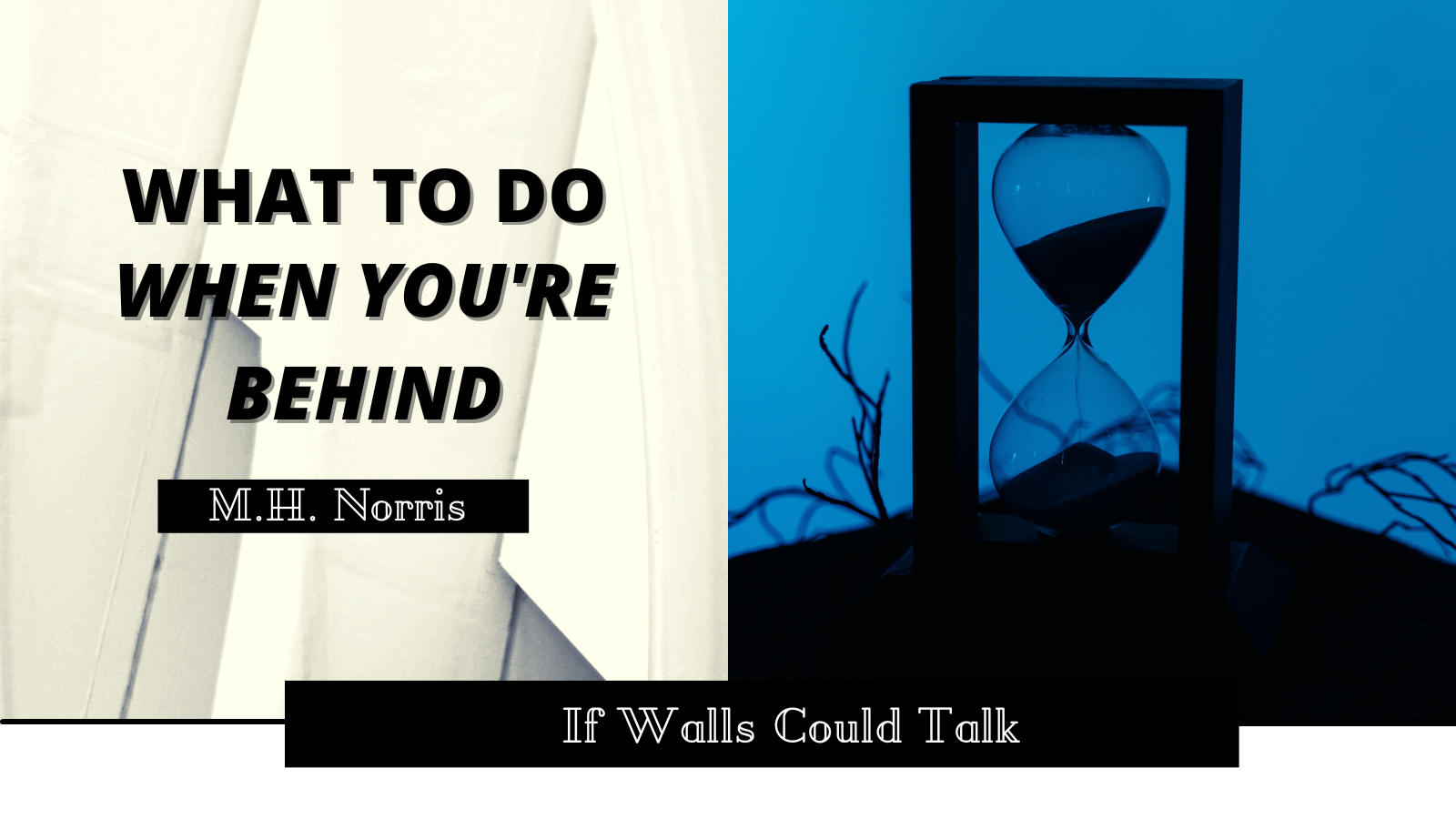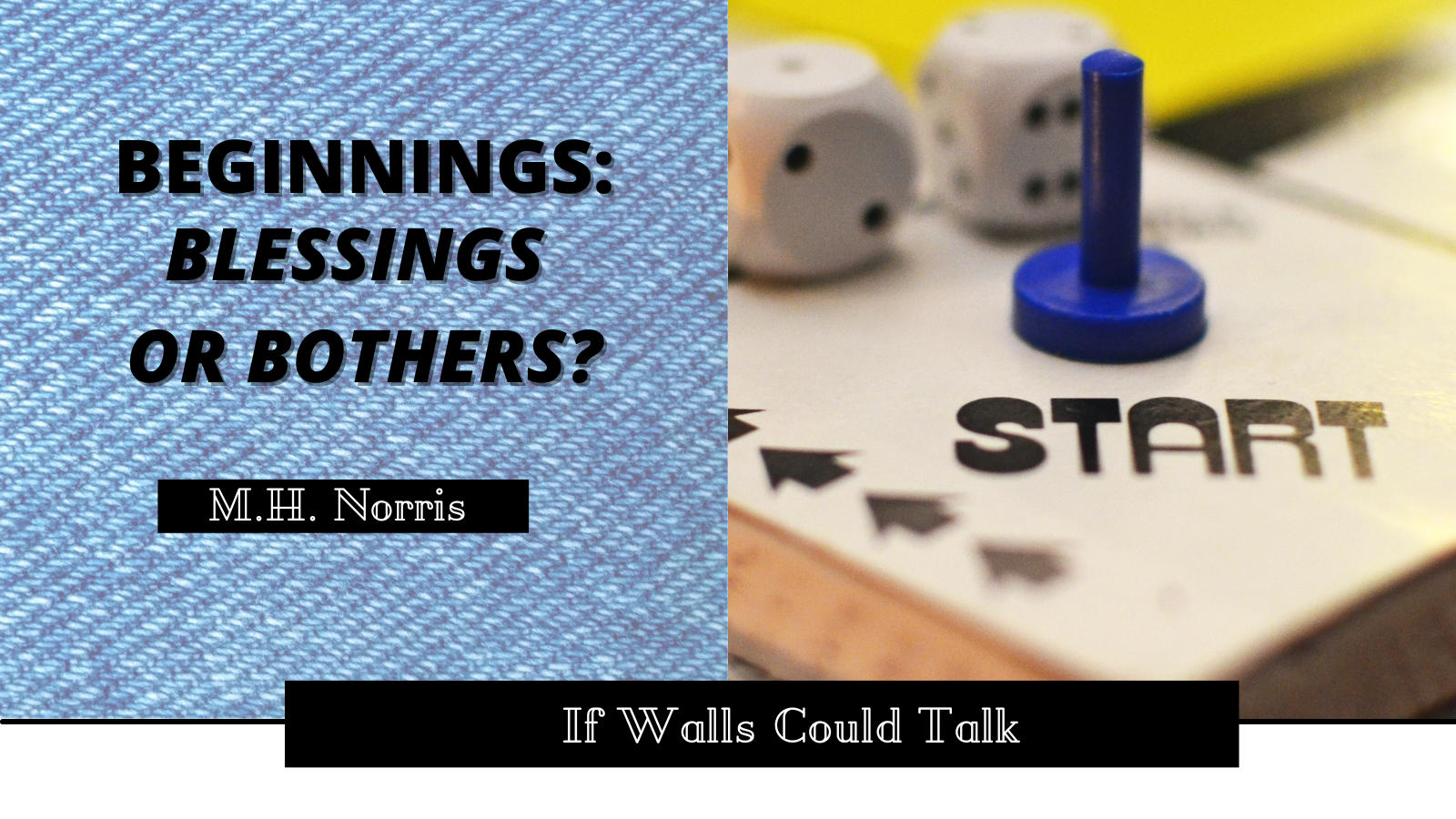
In case you didn’t notice, this post is a couple of days late. And that’s my fault. I do my best to get this written each week by Monday. This week, it just didn’t happen.
I missed my deadline and honestly didn’t even realize it until about 20 minutes before the piece was due. So I had to go to James and ask for an extension.
Which I hate doing.
But that is the first takeaway I want you to get from me today. Sometimes, you have a week like I’ve had. Things happen. When they do, it’s okay to ask for extensions on deadlines.
Let me tell you a story about me from about eight years ago.
After a series of events pushed me into a six week writing drought, I was looking for a project to help me get back on the metaphorical horse. I went to a website of a publisher I’d worked with before (this was in the days before 18thWall even existed) and looked at their open calls. Seeing one that spoke to me, I queried about it and got offered an opportunity I didn’t expect. They asked if I wanted to turn the 10 thousand word short story I’d pitched into a 30 thousand word novella.
Of course, I jumped at the opportunity. The deadline was set for the first week of May. The thing past me didn’t realize was that the deadline was right at the beginning of final exams that semester.
I got it done and turned in. But, in all honesty, I should have asked for a couple more weeks, finished finals, and then turned it in. You live and you learn.
Ever since that time, I’ve been a big fan of promoting the idea that it’s okay to ask for extensions. Because by not realizing that was even an option, I caused myself a lot of unneeded stress.
Let’s get down to the focus of this article. What happens when you end up in a situation like me where you know you’re going to miss a deadline?
First off, don’t panic. You’ve got options. It is okay to ask for an extension to a deadline, but here are some things to keep in mind.
1) Be Honest
Contact your publisher, agent, editor as soon as you realize there’s a problem. The sooner you alert them, the more they’ll be willing to work with you.
Life happens. Sometimes these things are unavoidable. Be open and honest about what’s going on.
This happened to me once. I had a book due in Spring 2020. But Spring 2020 was also the start of the pandemic, the start of my health issues, and the start of my family dog’s decline (and we had to put him down).
Needless to say, I was not remotely in the headspace to even begin thinking of working on this book. As much as I hated to do it, I had to send an email explaining the situation and asking for more time.
They were very understanding.
2) Set an Agreed Upon New Date
For example, this week, I asked James if I could get him the article by Friday as my schedule is crazy this week.
The importance here is when asking for an extension, make sure you provide a clear timeline on when the project is going to be done. With this column, I am lucky that when things like this happen, I don’t throw off the entire editorial calendar. Sometimes, you run the risk of doing just that. Or in the case of a publisher, you risk throwing off their schedule.
But, most publishers are willing to work with you and whether you need a few days or weeks, if they can, they’ll work with you.
3) Make Sure You Meet the New Deadline
It’s one thing to miss one deadline, but the second? People will be less forgiving of that. A big part of being a writer is meeting deadlines and holding to those expectations that are given to you. So, please be certain when you set a secondary date it’s one you can meet.
Look at any ad for writers on any job board.
I’ll wait.
Back?
I bet they all mentioned sticking to an editorial calendar or meeting deadlines. Because deadlines are a vital part of writing. And yes, that was worth saying twice.
Staying on Target
Did I mention how much I hate admitting there’s something wrong and I need help? Not just in writing but in other parts of my life. But for the sake of this post, we’re going to focus on writing. How do I avoid going over deadlines?
I have three calendars when it comes to writing. I have one on my phone, one paper planner, and a Trello Board as well. By having the dates in three places, I hope that I keep on top of everything. I also write out a daily to-do list on a memo pad – at least on the days where I have hours to sit down and think. That’s why I keep all my calendars.
There’s just something satisfying about checking things off the list. Try it, it’s a lot of fun. There’s a feeling of accomplishment and the visual that you’re being productive. For an anxious person who constantly doubts herself, it’s a much needed tool.
There are tons of productivity boosting tools (and this sounds like a potential future post, so I might play with some others to give you fun reviews) all over the internet. The trick here is finding out which works best for you.
For me, there’s been a lot of discovery in figuring out how to keep my schedule straight. I’m still working on it, if I’m perfectly honest. But that’s one of the joys of this craft. As I approach the tenth anniversary of my first short story being published, I marvel at how much I’ve grown. Back then, I thought I knew so much. But lately I’ve discovered that there is still too much to learn.
As I sign off this week, let me say this one more time. It’s okay to ask for extensions for deadlines. If your physical or mental health are in trouble due to a deadline, please put yourself first.
You have not because you ask not. It’s worth at least asking.




